Morocco to Discuss Flexible-Exchange Rate With IMF
PERSISMA, Rabat – In keeping with a previous promise to shift the valuation of the Moroccan dirham from fixed-rate system to a flexible-rate system, national monetary authorities will meet with a delegation from the International Monetary Fund in May to discuss the timeline and process for the shift, according to the governor of Bank Al-Maghrib.
During a recent interview in Washington, governor Abdellatif Jouahri said Bank Al-Maghrib is “considering widening the bands for fluctuation of the dirham, then observing how the market deals with this change, a process that typically takes a few years.” The Moroccan monetary official attended IMF and World Bank meetings in the U.S. capital city earlier this month.
“[The new shift] may allow market forces to determine the value of the dirham with limited intervention before letting it go completely,” he said, according to Bloomberg.
Besides the slump in economic growth caused by decreased agricultural output this year, Morocco has avoided much of the economic and security instability plaguing Europe and the rest of North Africa. The country’s status as a net importer of oil and gas put it in a position to benefit from chronically low oil prices and Moroccan security forces have dismantled dozens of terror cells in the kingdom since the beginning of this year.
The exchange-rate shift, in addition to plans that will remove capital controls, are part of efforts to turn Morocco into a continental financial hub by attracting more investments, Jouahri told the press last year.
The two-pronged plan will help export industries adjust their reporting and budget practices. Morocco has been drawing on the expertise of the IMF throughout the transition process, the governor said.
The kingdom will also be “seriously considering” the renewal of a $5 billion IMF credit line expiring in June. Though Morocco does not plan to use it, having the line is “like an umbrella for rainy days,” finance minister Mohamed Boussaid said in an interview in Washington.
Economic growth is set to slow to 2.5 percent this year after an expansion of 4.2 percent in 2015, largely due to low rainfall. Monetary officials cut the benchmark interest rate by 0.25 percent in March and will reduce borrowing costs again “if there is a need to push growth further,” Jouahri said. (Zainab Calcuttawala)

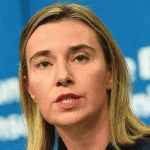


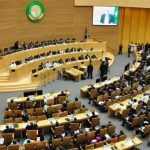
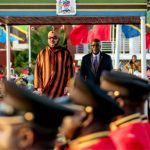



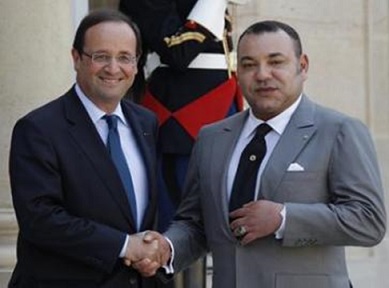
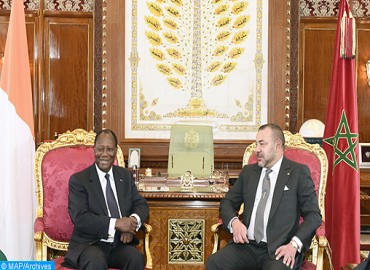



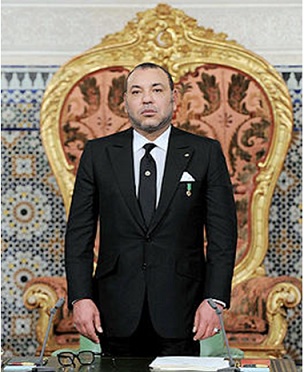




New Comments